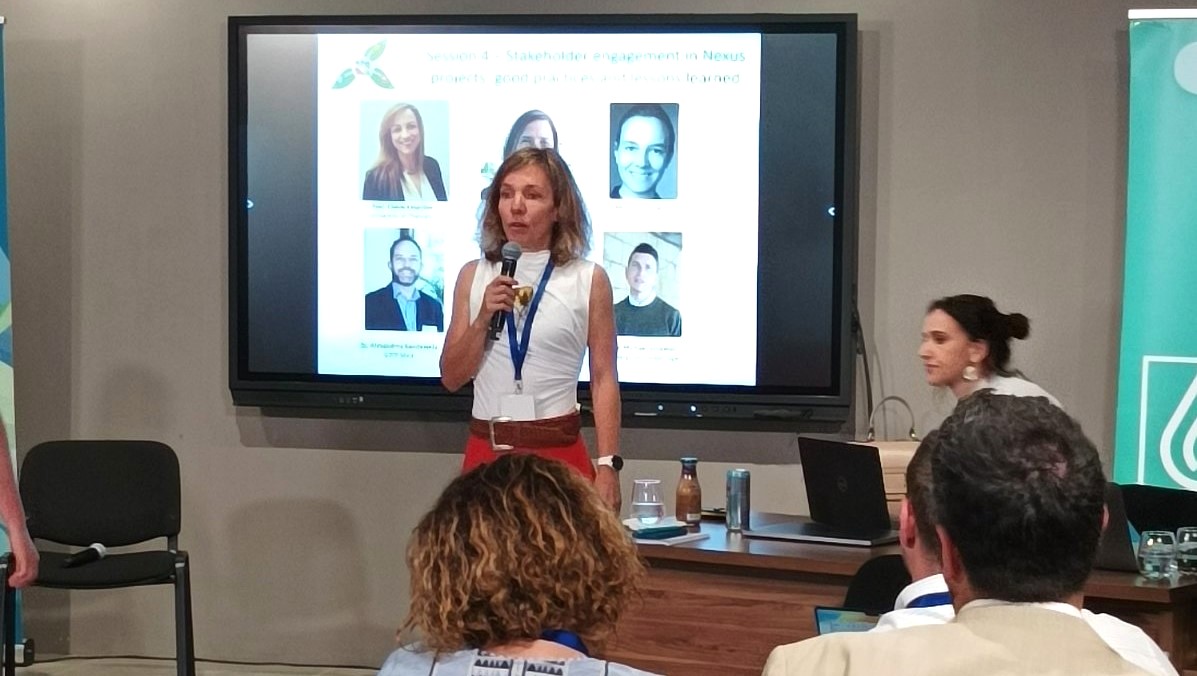On May 14th 2024, Horizon 2020 REXUS joined, alongside several other EU projects, the NexusNet Cost Action Regional Stakeholders Forum on Resource Recovery and Reuse in the Water-Energy-Food Nexus for a Low-Carbon Economy. The meeting took place in Malta’s National Water Conservation Awareness Centre, Rabat, hosted by the country’s Energy & Water Agency.
The event brought together leading experts to tackle the pressing global challenges of resource scarcity, climate change, and sustainable development, through a WEFE Nexus approach. The forum delved into the dynamic intersection of water, energy, and food systems. It explored how innovative resource recovery and reuse strategies can advance the EU green agenda and help achieve Sustainable Development Goals (SDGs).
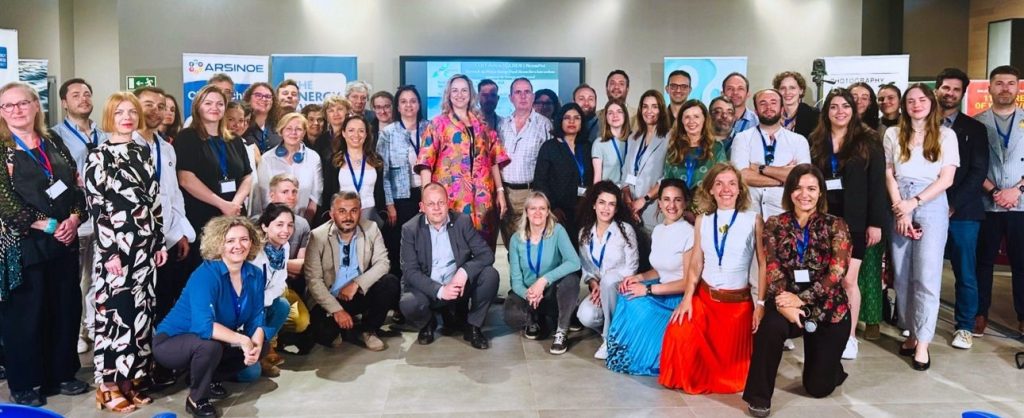
Key discussions included:
1. Interconnected Solutions: highlighting the importance of cross-disciplinary collaboration for integrated solutions in the WEF-Nexus.
2. Policy Integration: examining how well-crafted policies can drive sustainable practices.
3. Community Engagement and Social Impact: emphasizing the role of community involvement in successful sustainability initiatives.
The REXUS team made key contributions to the proceedings:
Alessandro Pagano from CNR-IRSA joined the panel on Monitoring and evaluating regional climate adaptation and resilience: insights from mission-on-adaptation projects, sharing the REXUS experience of Participatory System Dynamics Modelling, implemented in the 5 REXUS pilot areas.
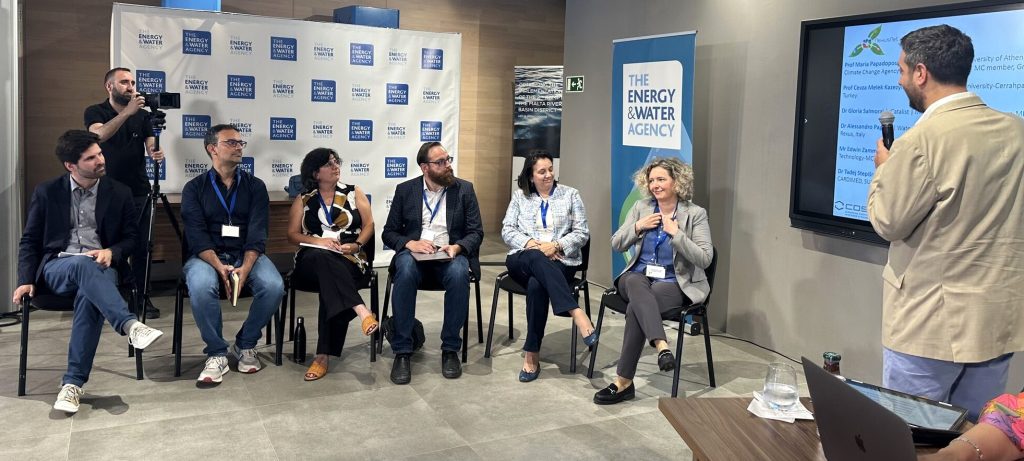
Alessandro Pagano, CNR-IRSA (second from left) shared the REXUS experience on Participatory System Dynamics Modelling.
A few of the highlights of the session:
– Participatory modelling is challenging, for various reasons (e.g., mistrust for sharing data in multicultural and transboundary contexts) but exchanges on concrete cases may help build trust.
– Use of digital tools, to visualize how nature-based solutions would look like in their location, could help to engage citizens.
– One of the key stakeholder groups (but often not explicitly seen as stakeholder) is students, if we keep in mind of future perspectives.
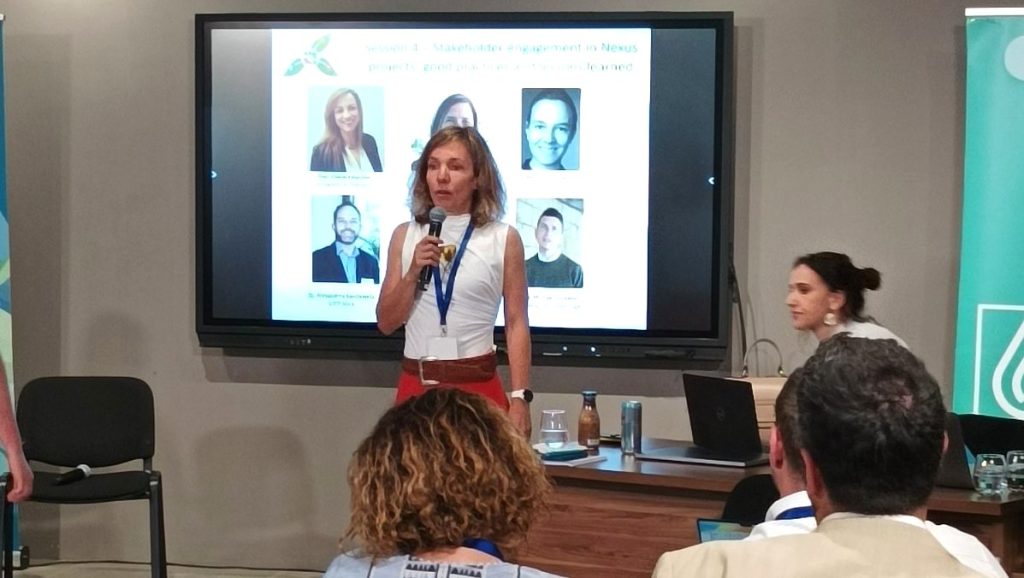
Bárbara Willaarts from iCatalist, REXUS partner responsible for the design of Learning & Action Alliances.
Bárbara Willaarts from iCatalist co-chaired the session on “Stakeholder engagement in Nexus projects: good practices and lessons learned”, while Alexandros Kandarakis from GWP-Med participated in the panel, sharing the REXUS experience, drawing in particular on the success of the Pinios pilot area, which is led by REXUS pilot leader SWRI.
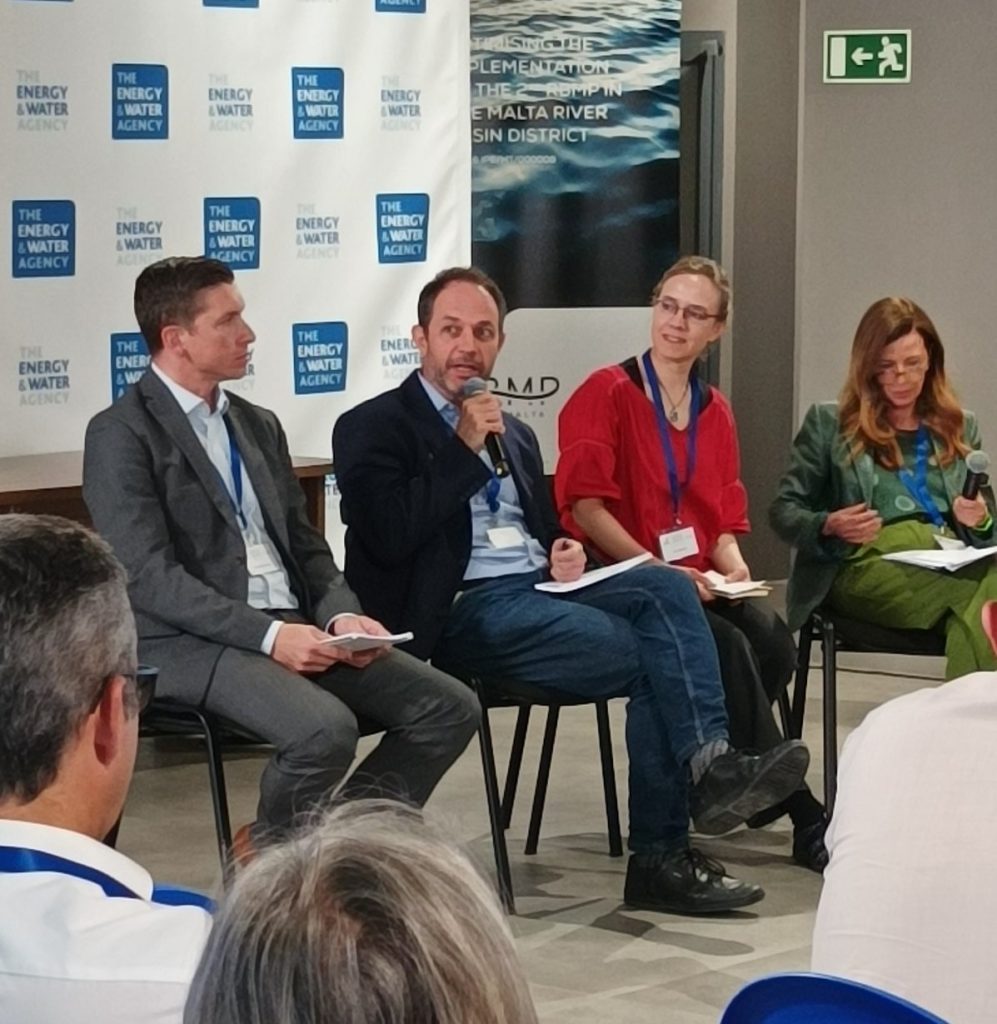
Alexandros Kandarakis, GWP-Med, shared the REXUS stakeholder engagement experience in particular in the Pinios river basin pilot in Greece.
A few of the highlights:
- It’s very important to be clear about the expectations towards stakeholders and “what is in it for them”.
- A step-by-step approach is often useful: start from listening to stakeholders’ concerns, gaining their acceptance, helping to build their skills (e.g., digital tools’ use) and then initiating discussions and proposing solutions which related to their concerns.
- Imposing scientists pre-conceptions of the desired tools and outcomes does not help: there is a need for real co-development and co-design of the solutions, instead of modelling validation only.
REXUS is always seeking to enhance connections with other EU-funded projects and broader WEFE Nexus initiatives, to maximize impact and close the gap between science and practice.
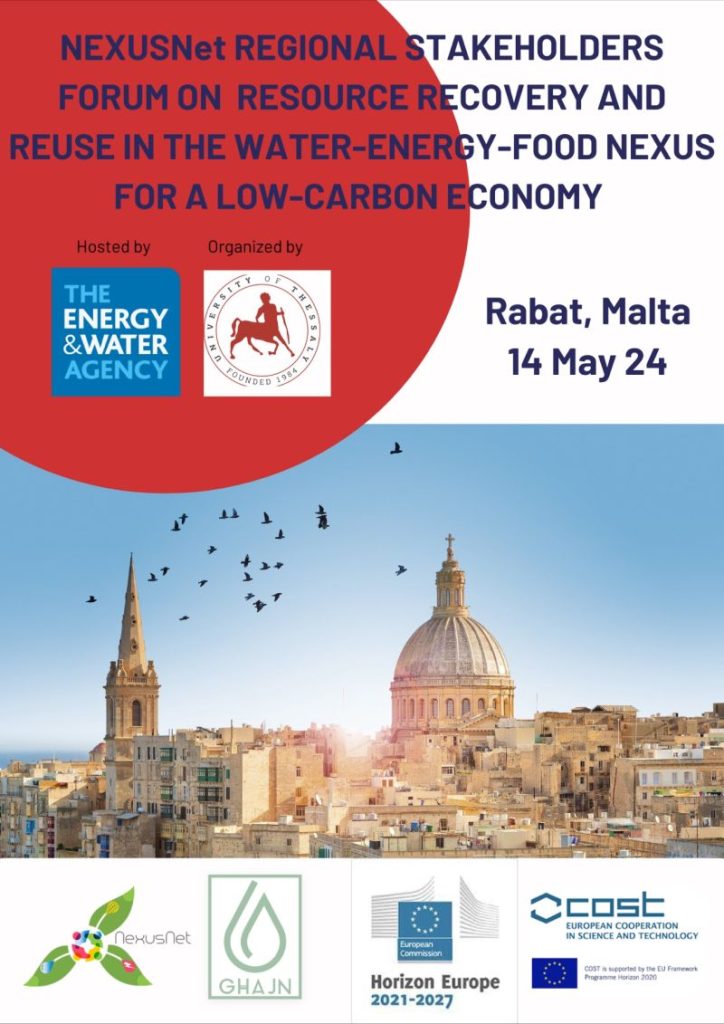
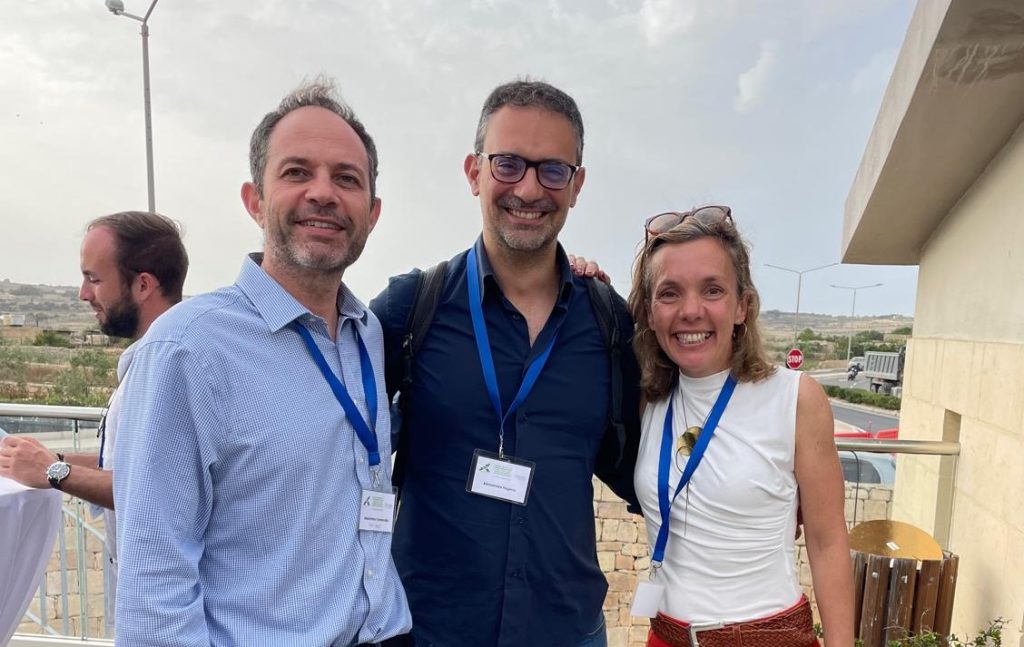
Alexandros Kandarakis, GWP-Med, Alessandro Pagano, CNR-IRSA and Bárbara Willaarts, iCatalist, joined forces to share the REXUS project experience and exchange with stakeholders and other EU-funded projects.

